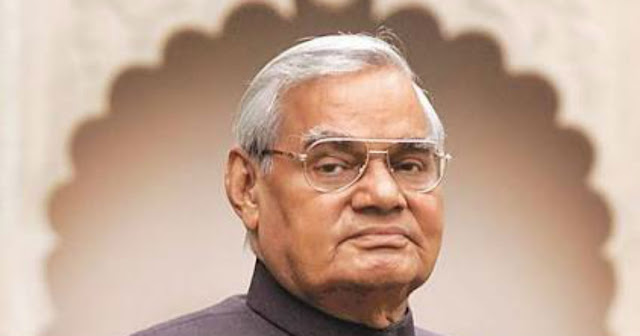My 100 day pivot
If you live a life like I do, you will know one never really fails - only pivots. So it is and I am in the middle of one now. To be sure, I am well into it: The difference between a pivot and a failure is whether one gets started at all, and I have done. And, as I have started feeling comfortable in my new skin, it's time to write about it. Indeed, it must be written about, as I have just been weighed down by this massive writers' block, the very thing I wanted to avoid through blogging, and that's because I was ending one life and beginning another. It was a bit of crazy time too, over the last few weeks, with a perfect storm of deadlines, with my course of studies in History of Ideas coming to an end and my work on Education Technology going through a period of approvals and validation. So, I was writing, a lot, but all of that was out of urgent compulsion and not out of any creative urge. So, there is more than one reason to start writing again, and to writ...



